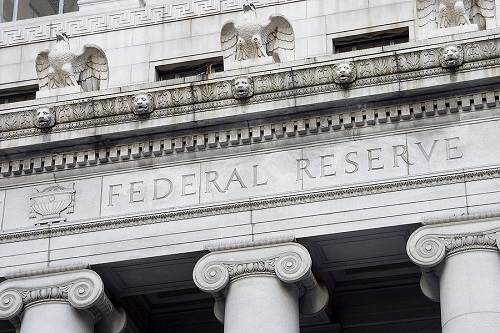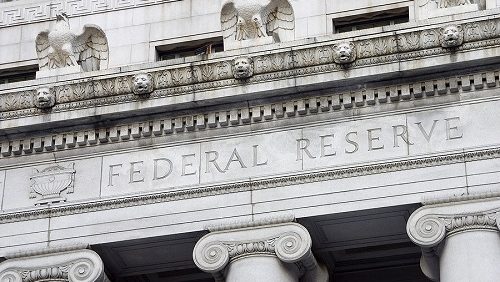
The economy is being gambled with. The Federal Reserve is likely going to cut interest rates this week, and the global economy is at stake.
Despite unemployment being at historic lows and the stock market being at historic highs, a highly unusual action is shaping up to be the biggest gamble of Fed Chair Jerome H. Powell’s brief tenure as leader of the world’s most powerful economic institution. The central bank will be putting the economy on the line to see what will happen when they cut interest rates.
According to the Washington Post, the Fed doesn’t have unanimous support. Fed officials and people on Main Street say the Fed’s action will benefit the stock market more than the real economy. And they argue cutting rates would introduce risks that could worsen the next downturn.
Typically, when the Fed slashes interest rates, borrowing costs drop for mortgages, business loans, auto loans, and credit cards, leading to more homes being sold, more businesses investing, and more economic activity overall. But it comes with so strain to the economy too. It is an incredibly dangerous gamble and James Davis of Future Money Trends agrees that now is NOT the time to “take advantage” of the new lower rates.
I’d suggest limiting liabilities and not taking on any more debt.That means, stop borrowing money and pay off what you already owe. Even if the Federal Reserve decides to lower interest rates (which it looks like they will do) making borrowing look more appealing, it just is not the right time. Being in debt during an economic meltdown is going to make things much more difficult in the event of a job loss. -James Davis, Future Money Trends
And for those looking to borrow money to buy a house, this rate cut won’t have much of an effect anyway. “A Fed rate cut will have zero impact on the housing market,” said Tendayi Kapfidze, chief economist at Lending Tree. “Mortgage rates are already at three-year lows.” Real Estate agents tend to agree.
Washington-real estate agent Kara Sheehan said that she hears a long list of concerns from prospective home buyers these days, but the interest rates aren’t up there on that list. People tend to want move-in ready homes. But this is the height of the economic bubble and now is not the best time to buy a house, especially if you are considered a subprime borrower. “Buyers are a little more hesitant lately and very price-conscious. They are all about property condition,” said Sheehan, of Washington Fine Properties according to the Washington Post.
The danger of acting too soon and dropping rates is that cheaper borrowing costs will spur even more risky lending that ultimately leads to a bubble bursting, similar to the dot-com era or the housing market crash, as Davis has often warned about. Corporate debt, much if fueled by high-risk leveraged lending, is already at a record high. Consumer debt continues to skyrocket and break record highs, and that’s the problem with lowering the rates. Borrowing money looks more appealing especially to those who are already leveraged or living paycheck to paycheck. Risky lending offers higher returns to investors and can be even in more demand when interest rates are low in the economy.
“The Fed feels the need to come in and save the day like Superman, but all the Fed is going to do is encourage more corporate debt,” said Peter Boockvar, chief investment officer at Bleakley Advisory Group. “It’s not going to help, and then the Fed will keep cutting.”










0 Comments